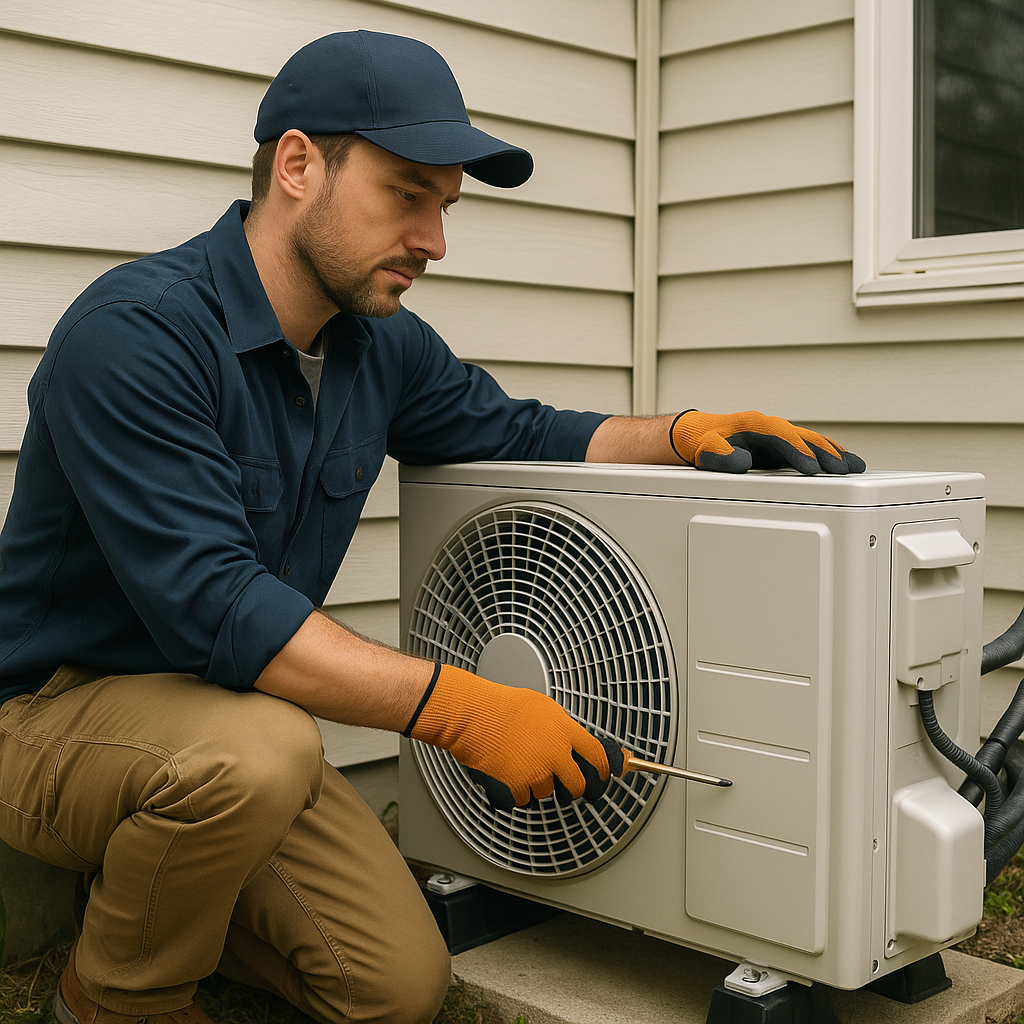Categories
Real Estate News & UpdatesPublished October 23, 2025
What California’s 2025 Green Building Codes Mean for East Bay Sellers and Buyers

In 2025, California rolled out new green building requirements aimed at improving energy efficiency, lowering emissions, and creating healthier homes.
Whether you're buying, selling, or planning upgrades in Alameda or Contra Costa County, here’s what these new codes mean—and how they might impact your next real estate move.
♻️ What’s New in the 2025 California Green Code?
Effective January 1, 2025, key updates include:
-
All-electric readiness for new construction
→ Homes must be pre-wired for electric appliances, EV chargers, and heat pumps. -
Stricter energy efficiency standards
→ Higher minimum ratings for insulation, windows, and HVAC equipment. -
Water conservation measures
→ Low-flow fixtures and drought-tolerant landscaping are required for most new builds or major remodels. -
Indoor air quality enhancements
→ Mandatory use of low-VOC paints, improved ventilation systems, and air filtration.
🏠 How This Affects Sellers
If you're listing in 2025, you may need to:
-
Disclose non-compliant systems (e.g., gas-only appliances without electric backup)
-
Expect buyer questions about energy ratings or upcoming upgrade needs
-
Highlight green features like solar, heat pump water heaters, or drought-friendly yards as selling points
For older homes, these codes don’t force you to upgrade—but they may affect buyer expectations or appraisals.
🔑 What Buyers Should Watch For
-
Home inspection reports may now flag non-compliant features
-
Local city permitting offices will require code-compliant updates for major remodels
-
Bonus: Green-compliant homes may qualify for special financing (ask your lender about energy efficiency mortgage options)
💡 Real-Life Example
If you buy a 1960s home in Walnut Creek and plan to remodel the kitchen:
-
You’ll need to pre-wire for an electric stove—even if you keep your gas range for now
-
Adding a new HVAC system? It must meet higher SEER ratings and allow for electric heat pump conversion
🔌 What About Existing Homes?
These rules mostly apply to:
-
New construction
-
Major permitted remodels
-
State or city-funded upgrades
Smaller repairs or cosmetic updates are not affected, but be aware that certain cities—like Berkeley and San Jose—are adopting even stricter local mandates.
Bottom Line:
These code updates are a big step toward greener housing—but they also add complexity to real estate transactions. Whether you’re buying or selling, make sure your agent (👋 that’s us!) is up to speed and can connect you with inspectors, contractors, and city resources.





